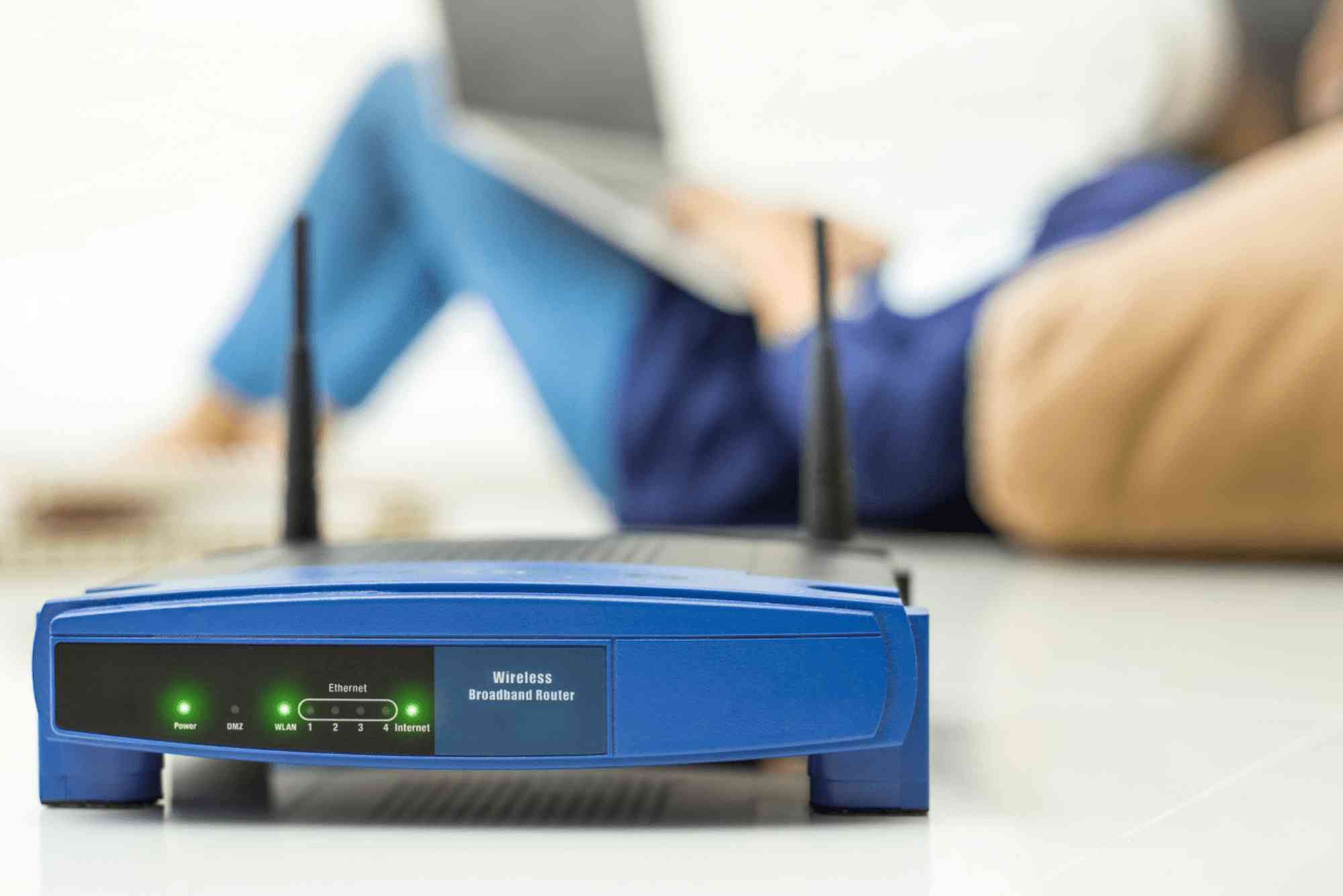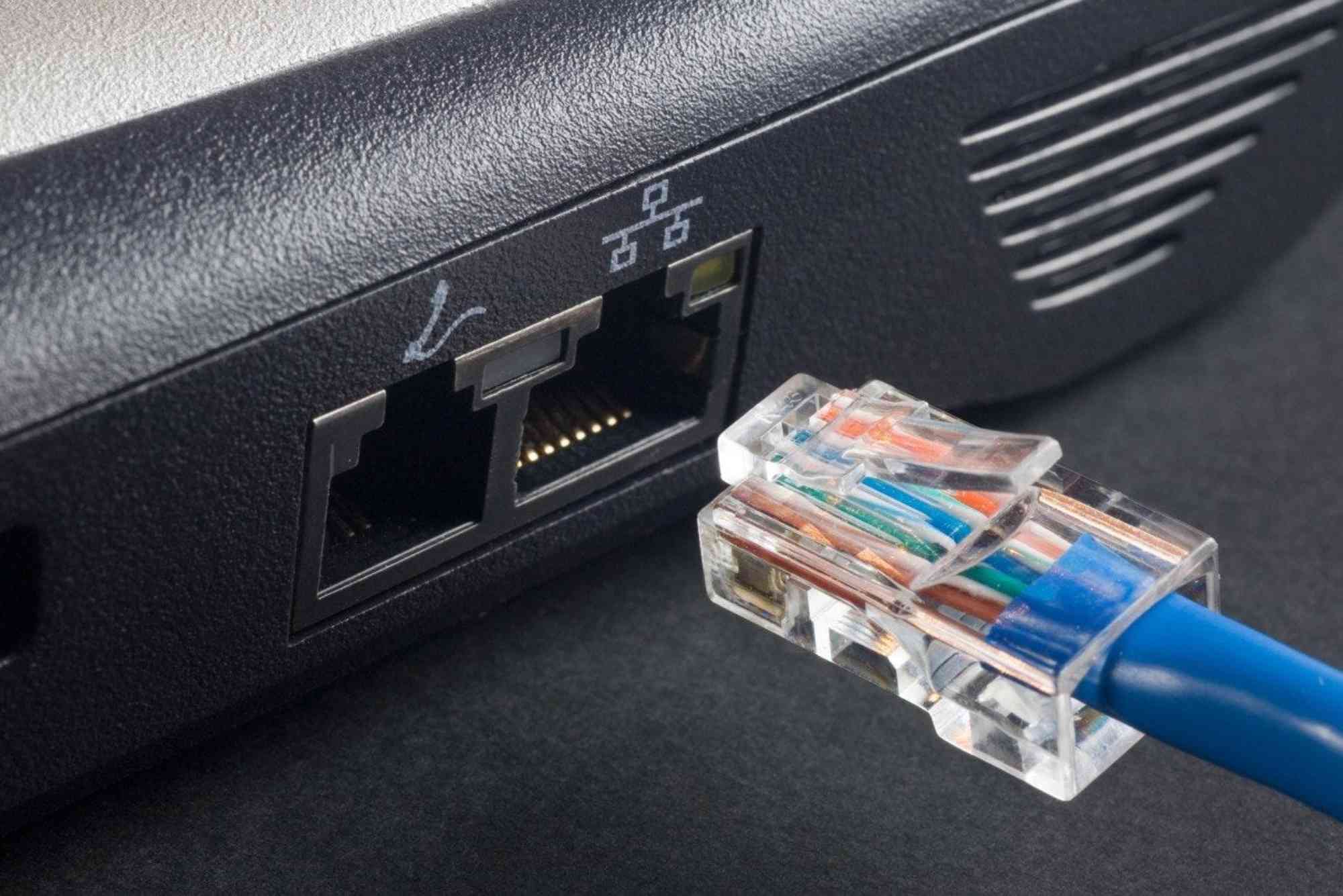Understanding Data Limits on Cable Internet Plans
When choosing a home internet service, one of the most important factors to consider is cable internet plan data limits. These limits define how much data you can use each month, and exceeding them can lead to extra charges or slowed speeds.
With streaming, gaming, and remote work becoming everyday essentials, understanding how data caps work is crucial. This guide explains everything you need to know about cable internet plan data limits, why providers impose them, and how to manage your usage effectively.
What Are Cable Internet Plan Data Limits?
A data limit, also known as a data cap, is the maximum amount of data you can use in one billing cycle. Cable internet providers usually measure data in gigabytes (GB) or terabytes (TB).
For example, a plan might include 1TB of data per month. Every online activity—whether browsing, video streaming, or downloading—counts toward this limit. Once you reach it, your provider may charge extra fees or slow your internet speed.
Why Do Cable Internet Providers Impose Data Limits?
Network Management
Providers use cable internet plan data limits to manage network traffic. Heavy users can strain bandwidth, affecting other customers’ experiences.
Encouraging Upgrades
Data limits also encourage customers to upgrade to higher-tier packages with larger allowances.
Profitability
Extra fees for exceeding data caps contribute to providers’ revenue.
Common Data Limits in Cable Internet Plans
Cable internet providers often offer:
- 500 GB plans – Suitable for light users.
- 1 TB plans – Standard for most households.
- Unlimited plans – Offered at a higher cost.
Most families find that 1 TB per month is sufficient, but heavy streamers or gamers may need unlimited options.
How Much Data Do You Really Need?
Streaming
- HD video: ~3 GB per hour.
- 4K video: ~7–10 GB per hour.
Gaming
- Downloading a game: 50–100 GB.
- Online gaming: 100–200 MB per hour.
Work from Home
- Video conferencing: ~2–3 GB per hour.
If your household streams daily, downloads games, and works remotely, a 1 TB data cap may not be enough.
What Happens When You Exceed Data Limits?
Overage Fees
Some providers charge $10–$20 per 50 GB over the cap.
Throttling
Your connection speed may be reduced, making streaming and gaming frustrating.
Service Restrictions
In extreme cases, providers can suspend services.
How to Track and Manage Cable Internet Plan Data Limits
Use Provider Tools
Most providers offer online dashboards or apps to track your data usage in real-time.
Optimize Streaming Settings
Switching from 4K to HD streaming can save hundreds of GB monthly.
Manage Downloads
Avoid unnecessary large downloads, especially during peak usage periods.
Upgrade Wisely
If you constantly exceed your cap, consider an unlimited plan.
Tips for Reducing Data Consumption
- Enable data saver modes on apps like Netflix and YouTube.
- Download shows and games during off-peak hours.
- Use compression tools for file sharing.
- Limit background app updates on devices.
Comparing Cable Internet Plan Data Limits with Other Technologies
Fiber Internet
Most fiber providers offer unlimited data, making them ideal for heavy users.
DSL Internet
DSL often has lower speeds but fewer strict data caps.
Satellite Internet
Satellite plans usually have the strictest data limits, sometimes under 300 GB per month.
Benefits of Understanding Your Data Limits
- Prevent surprise bills.
- Ensure smooth online experiences.
- Choose the right plan for your needs.
- Avoid unnecessary upgrades.
By being proactive, you can enjoy fast cable internet without disruptions.
Dhanote Internet Services – A Reliable Option
If you’re looking for dependable internet with transparent policies, check out Dhanote Internet Services. They focus on delivering consistent connectivity with customer-friendly options that fit various usage levels.
FAQs
Q1: What happens if I go over my cable internet plan data limit?
You may face overage fees or throttled speeds, depending on your provider.
Q2: Do all cable internet plans have data limits?
No. Some providers offer unlimited data, but these plans usually cost more.
Q3: Is 1TB of data enough for a family?
For most households, yes. But heavy streamers or gamers may need more.
Q4: Can I check my data usage?
Yes, most providers offer apps or online portals to monitor your usage.
Q5: How can I avoid hitting my data cap?
Optimize streaming settings, manage downloads, and limit background usage.
Understanding cable internet plan data limits is essential for choosing the right package and avoiding unexpected costs. By tracking usage, adjusting settings, and selecting a suitable plan, you can ensure reliable internet for all your needs.







